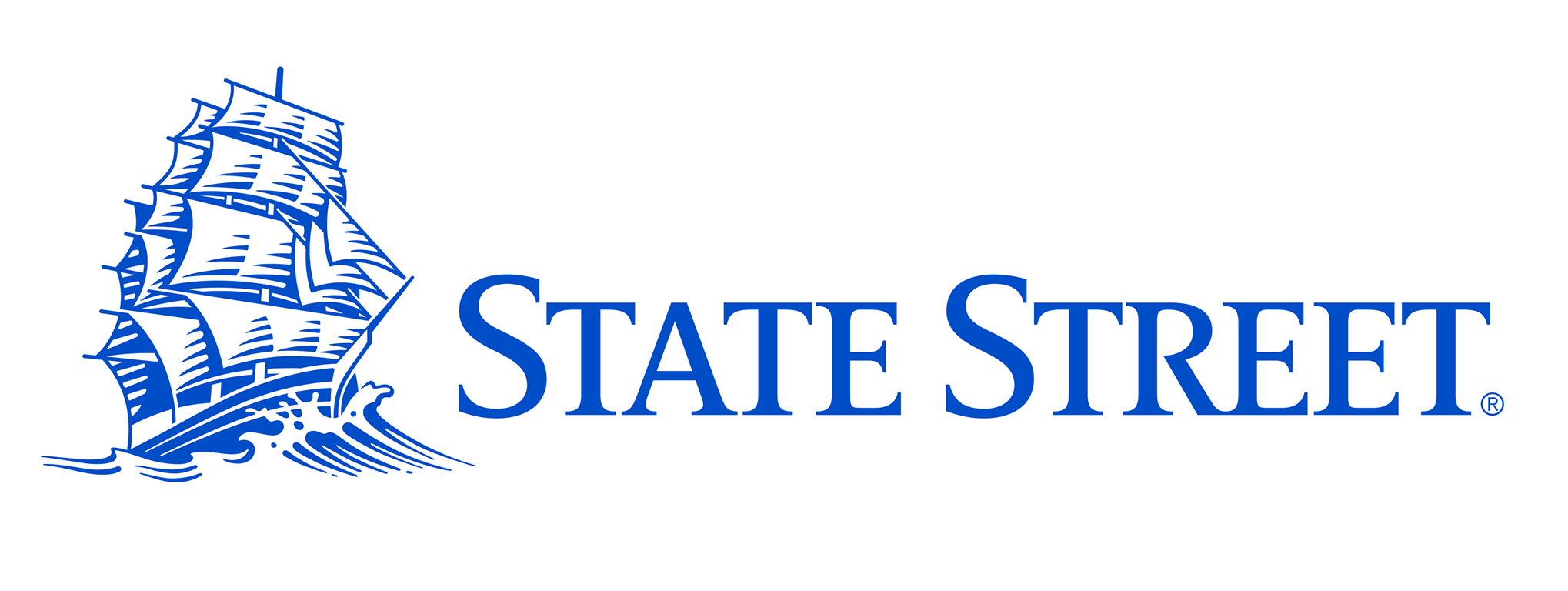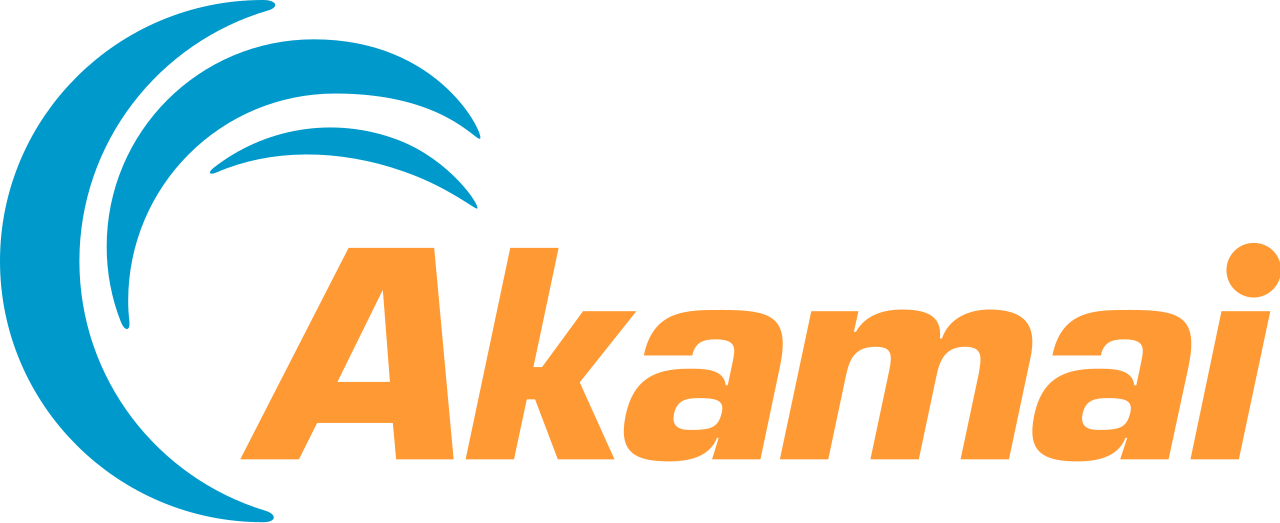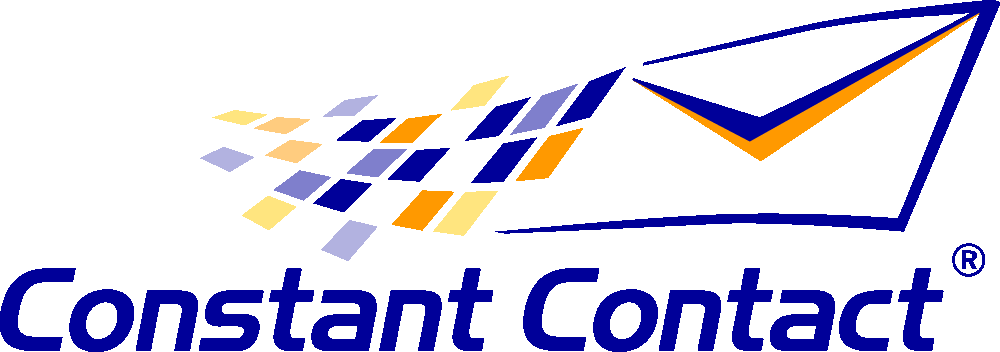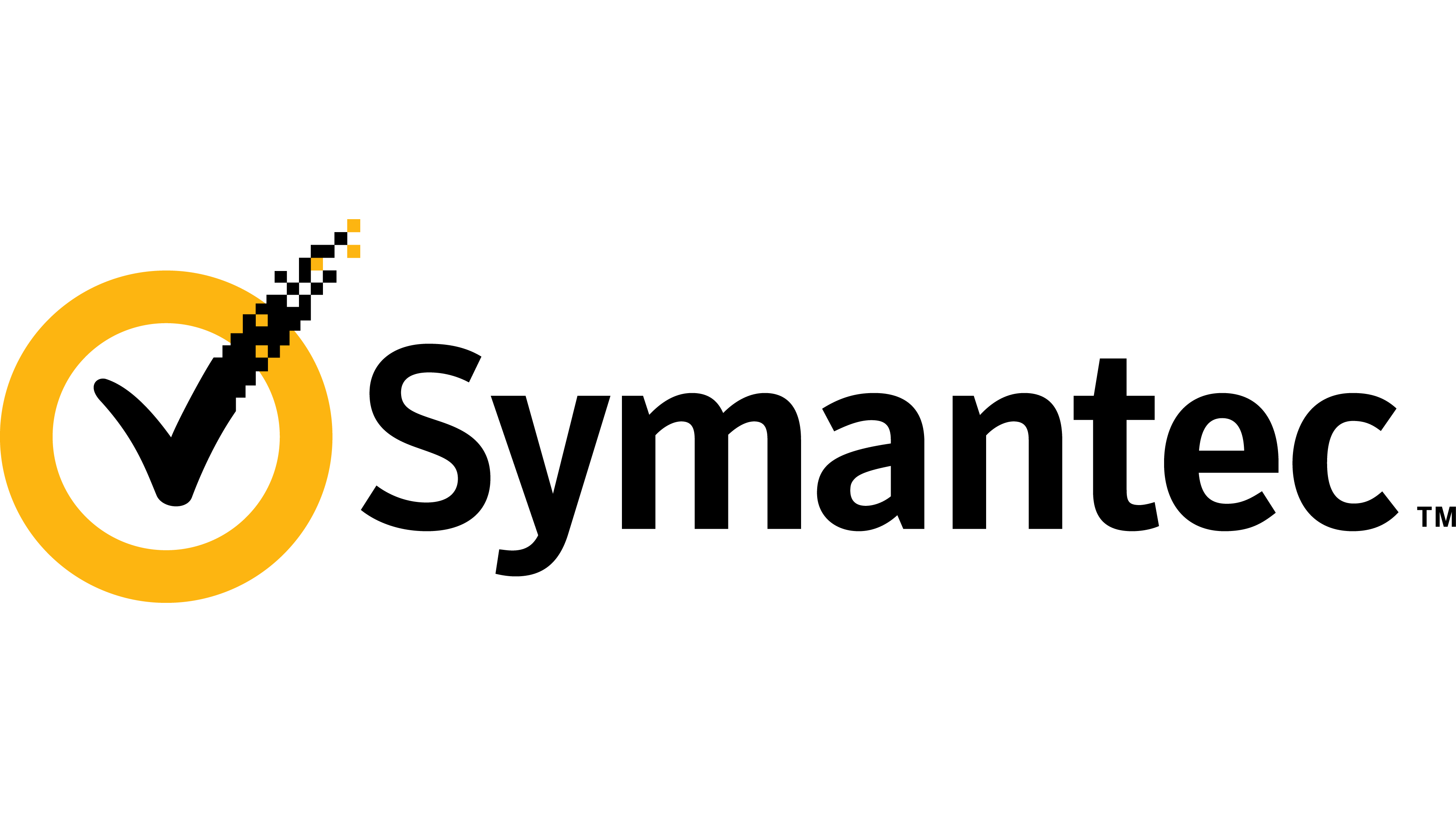UMass Boston’s Business Analytics MS (MSBA) focuses on teaching you how to utilize analytical techniques, methods, and applications for data-driven practices in diverse organizations and enterprises of all sizes. It is designed for students and professionals who want to deepen their understanding of business analytics and data analytics, learn new skills, and add a master’s degree to their résumé. Acquire cutting-edge skills in data collection, storage, and analysis to help businesses in any industry achieve their strategic goals. The MSBA offers two specializations: Big Data Analytics and Supply Chain Analytics.
The Big Data Analytics specialization focuses on data mining and analytical techniques, big data management, storage, and modeling. The objectives are to you to process big data in an effective and efficient way, discover knowledge patterns in big data, build predictive models, and use big data to answer business questions.
The Supply Chain Analytics specialization focuses on data analytics and decision-making in the context of a major functional area in businesses—supply chains. The specialization offers courses on analytics in service operation. The objective is to use data and data modeling to optimize activities within the supply chain and consequently maximize the organization’s competitive advantage.











